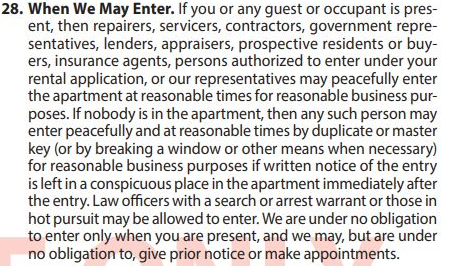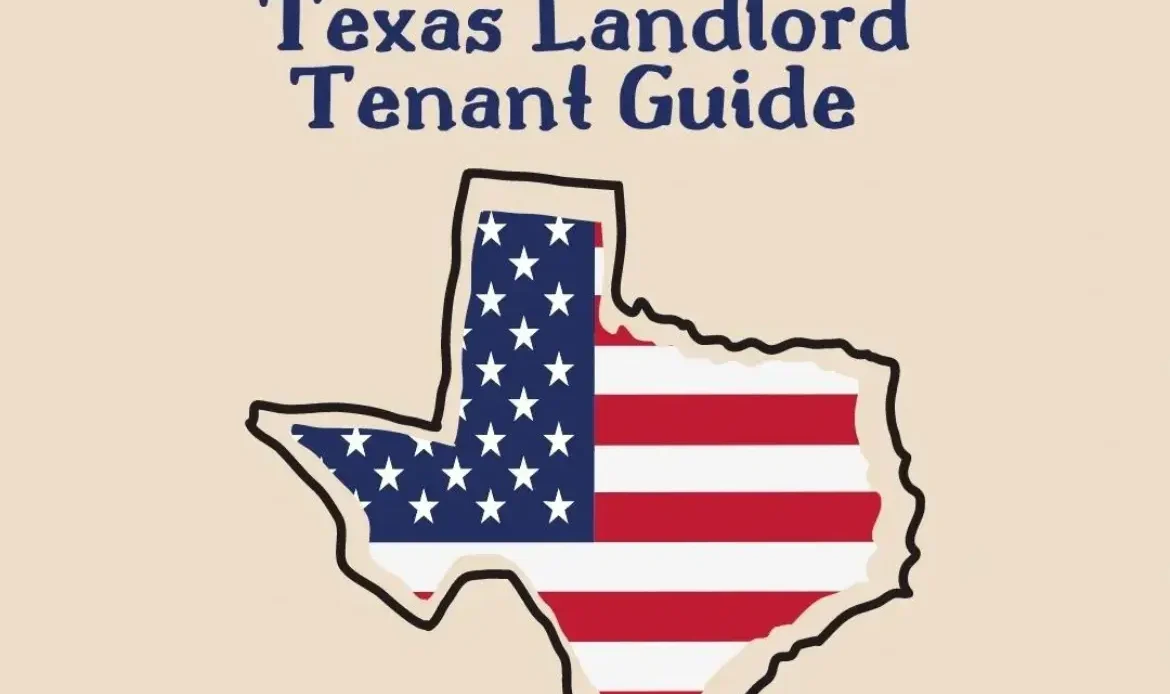A Quick Guide to Landlord Tenant Laws in Texas
If you’re a renter, you should spend some time learning all you need to know about the Texas Property Code. The current Dallas area housing shortage has left many families with a sharp increase in rent, making home ownership seem like an impossibility.
Our office receives many calls from distressed tenants with slumlords who delay repairs for months on end or who fall victim to wrongful eviction actions. Every now and then, we get a call from someone who did not act soon enough. This limits our ability to fight your case, as the Texas Property Code has many requirements – and judges expect tenants to know them.
Does my landlord have to give me notice before they enter my unit?
Under Texas Law, landlords are not required to give you an advance notice before they enter your unit. In fact, they’re not required to give you any notice. However, it depends on what your lease states. Most apartment complexes use the standard TAA Leasing Agreement. Paragraph 28 of a TAA lease states when your landlord is allowed to enter your unit:

If you entered a TAA lease with your landlord, they only have to give you notice after they enter your unit. Additionally, they must enter at a reasonable time. Typically, courts consider business hours as reasonable. If your landlord decides to enter your unit at 10pm to make a repair, a court would likely find they entered at an unreasonable time.
Since there is no statute requiring your landlord to provide notice of their entry, the lease is your only governing authority.
I emailed my landlord multiple times and submitted several work orders about a repair, but he won't fix it. Can I stop paying rent?
No. Under Section 92.056 of the Texas Property Code, you must first give written notice to your landlord. Typically, this means by mail. Make sure you keep all of your receipts!
If your landlord fails to make the repair within a reasonable time, you must send another notice by certified mail, return receipt requested, registered mail, or another form of mail that allows tracking of delivery from the United States Postal Service or a private delivery service.
Under this section, seven days is considered a reasonable amount of time for your landlord to make repairs. If they fail to make repairs after your second notice, you may:
- terminate the lease;
- deduct the cost of the repair from rent, as long as it does not exceed the amount of one month’s lease or $500, whichever is greater;
- obtain a court order requiring your landlord to make repairs.
Often, tenants send repeated notices to their landlord via their online portal, email, or text message. While a judge may consider these, some judges strictly rely on outdated provisions in the property code. It’s better to be safe than sorry in these cases – you risk facing eviction if you rely on normal methods of communication to notify your landlord.
Most importantly, these remedies are only allowed if the repair is a condition that materially affects the health or safety of an ordinary tenant. This means that you cannot terminate your lease because your dishwasher is broken or because a condition is making your asthma act up.
My landlord told me I can't deduct the cost of a repair from my rent. What can I do?
He’s lying. Even if your lease says you cannot deduct the cost of a repair, you still have the statutory remedy available, and must follow the steps above before you can deduct the cost of repair. Your lease cannot override state law.
I'm a victim of domestic violence stuck on a lease with my abuser. My landlord said he won't let me off of the lease until I provide a police report. I never called the police. What can I do?
You do not have to provide your landlord with a police report. Under Section 92.016 of the Property Code, you can be removed from your lease immediately after you provide your landlord with a copy of a protective order or temporary protective order issued under the family code or documentation of family violence from:
- a licensed health care services provider;
- a licensed mental health services provider; or
- a victim advocate.
Typically, a shelter will provide you with the needed documentation after you contact them. This is free to victims of family violence.
If your landlord still refuses to let you out of your lease, they can be liable or actual damages, a civil penalty equal to one month’s rent plus $500, and attorney’s fees.
Don’t see your question above? Contact our office today for a free consultation! (972) 455-8700.

